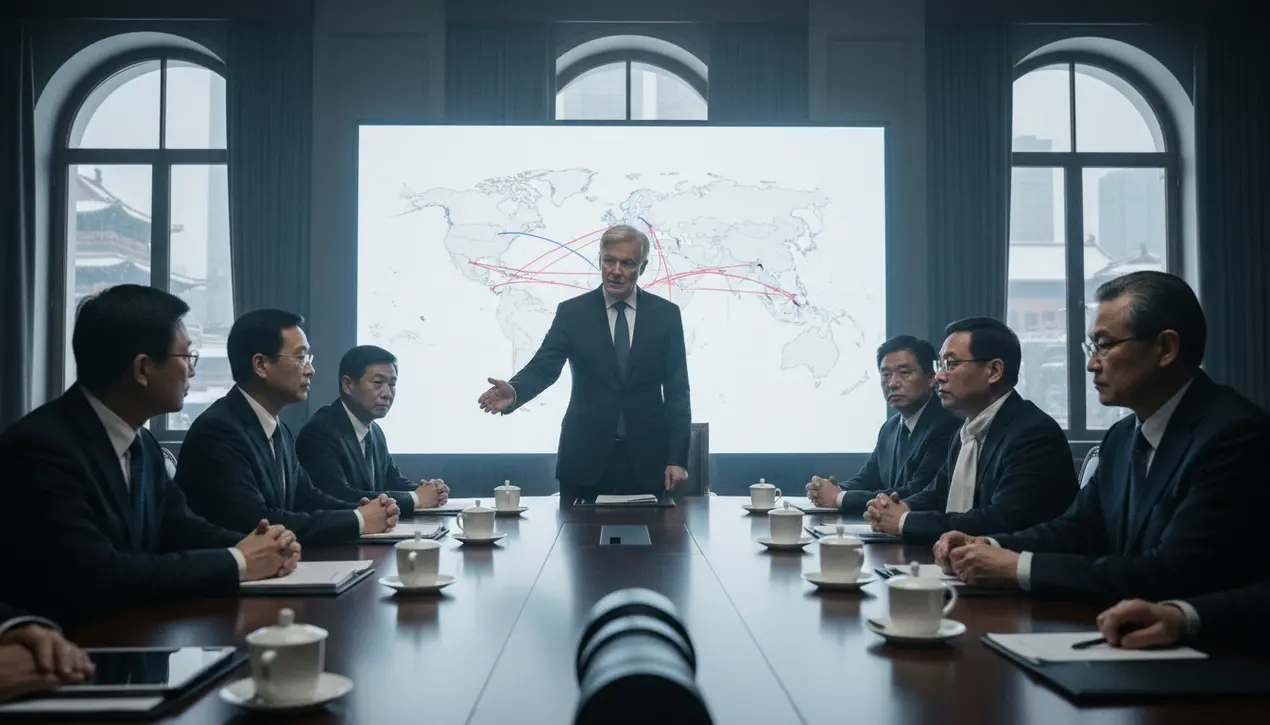
PoliticsdiplomacyDiplomatic Visits
German Foreign Minister Nears Rescheduled China Trip Date.
RO
Robert Hayes
11 hours ago7 min read1 comments
German Foreign Minister Johann Wadephul has placed the diplomatic machinery into high gear, revealing at the Berlin Foreign Policy Forum that his long-anticipated trip to China is now in its final stages of coordination, a significant move after the abrupt cancellation of his planned visit to Beijing just last month. Speaking with the measured confidence of a statesman navigating a complex geopolitical chessboard, Wadephul expressed his assurance that the rescheduled visit would likely occur in the second week of December, a timeline that speaks to the urgency both Berlin and Beijing attach to stabilizing their critical, yet increasingly fraught, economic partnership.This diplomatic dance recalls the careful calibrations of the Cold War era, where summits were not merely meetings but strategic signals to both allies and adversaries. The October postponement, officially attributed to scheduling conflicts, sent ripples through European capitals, with many analysts interpreting it as a pointed signal of German discontent over China's stance on the Ukraine conflict and its continued economic embrace of Russia, a red line for a Germany that has fundamentally reoriented its own foreign and security policy in response to Russian aggression.The upcoming visit, therefore, is more than a simple rescheduling; it is a crucial test of whether Europe's economic powerhouse and its largest trading partner in Asia can find a new equilibrium. Chancellor Scholz’s own visit to China last year, which emphasized 'de-risking' rather than 'decoupling,' laid down a marker for this more cautious approach, and Wadephul’s mission will be to operationalize that strategy, pushing back against unfair trade practices and market access barriers while delicately managing the immense pressure from Washington for a more unified, hawkish Western front against Chinese ambitions.The agenda will undoubtedly be packed, with the simmering tensions in the South China Sea, Beijing's influence over North Korea, and the future of EU-China investment agreements all demanding attention. Yet, the subtext will dominate: can Germany, and by extension the EU, maintain a profitable economic relationship with an authoritarian rival whose strategic goals increasingly conflict with their own? The outcome of these talks in December will offer a profound insight into whether the transatlantic alliance can maintain cohesion in the face of a multipolar world order, or if economic necessity will inevitably drive a wedge between European and American priorities. As in the days of Bismarck, German statecraft once again finds itself balancing between a rising Eastern power and its established Western partners, a high-wire act where a single misstep could have consequences far beyond a cancelled flight to Beijing.
#German Foreign Minister
#China
#Diplomatic Visit
#Rescheduled Trip
#Bilateral Relations
#lead focus news
Stay Informed. Act Smarter.
Get weekly highlights, major headlines, and expert insights — then put your knowledge to work in our live prediction markets.
Related News
Comments
Loading comments...
© 2025 Outpoll Service LTD. All rights reserved.